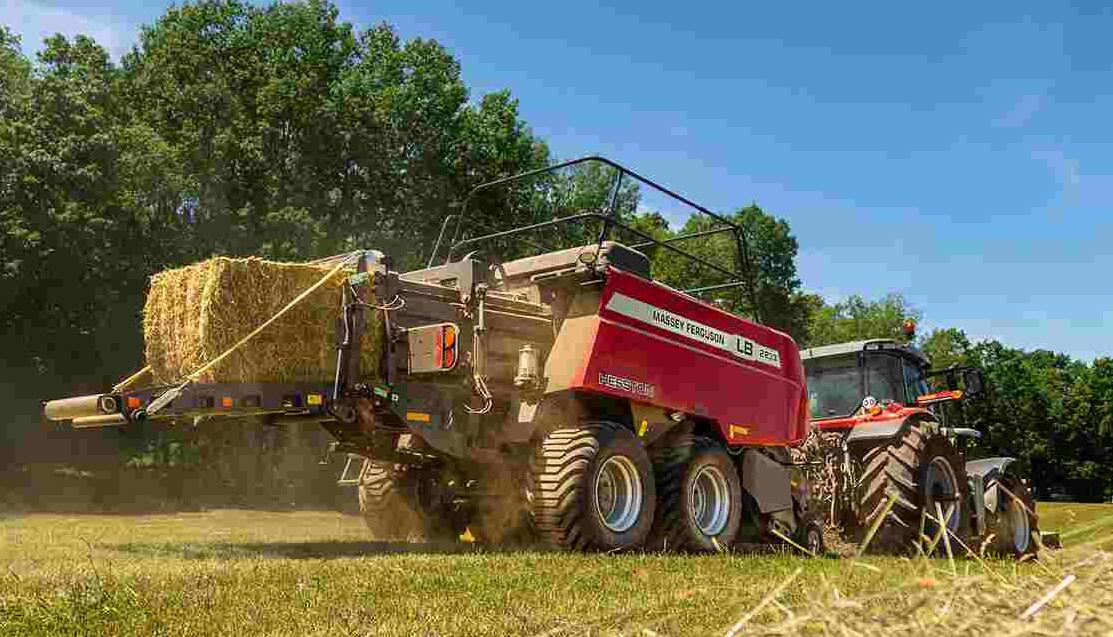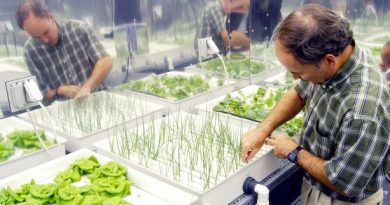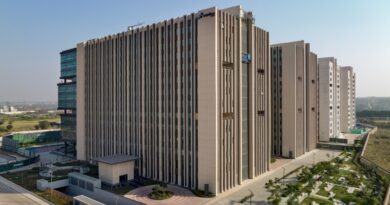Govt Reveals Biomass Collection Financial Assistance Scheme Guidelines; Allocates Rs 565 Crore For 4 Years

Ministry of Petroleum has released the “Scheme Guidelines For Providing Financial Assistance to Compressed BioGas (CBG) Producers For Procurement Of Biomass Aggregation Machinery.” This scheme aims to support biomass collection for initial 100 CBG plants by providing financial assistance to CBG producers for procurement of biomass aggregation machinery (BAM).
The primary goal of this scheme is to facilitate biomass aggregation and marketing, preventing the burning of surplus biomass and generating extra income for farmers. This initiative also aims to extract economic value from untapped agri-residue such as paddy straw by converting them into CBG and bio-manure.
Rs 564.75 Cores Outlay
The government has kept the total financial outlay of Rs. 564.75 crore for the period of financial year 2023-24 to FY 2026-27. This means that the total outlay is for four years.
Funding Pattern of Scheme
The government will give a maximum financial assistance of 50% of the procurement cost of biomass aggregation machinery or Rs. 90 lakh per set (whichever is less) and that will be admissible as grant to a CBG producer.
CBG producers must submit a Detailed Project Report outlining the CBG project. The Project Management Agency (PMA) established under the scheme of things will assess the biomass requirements and the number of aggregation machinery sets based on the DPR.
The financial assistance of Rs. 1.8 crore for 4 TPD CBG capacity project would be provided with a capping of Rs. 9 crore per project on pro rata basis.
Indicative List of Machinery:
In indicative list of equipment or machinery eligible for procurement under the biomass collection scheme has been provided in the notification by the Petroleum Ministry.
This list includes cutter/rotary slasher, tedder machine, raker, tractor for baler, baler (bmall/large/square/round/stationery), tractor for tedder & raker, trolley/automatic bale loading trolley, tractor attachment for stacking (grabber)/telehandler, moisture meter, water tank, fire extinguisher and lightening arrestor.
Steering Committee (SC) At Helm
The scheme would be overseen by a Steering Committee (SC) whose Chairman would be Secretary for PNG. Secretaries of Agriculture Dept, Drinking Water Dept and MNRE would also be there. They will finalize the scheme guidelines, give directions, monitor, review and amend the scheme as and when required. The Steering Committee will have to meet at least once in every three months.
Project Approval Board: Then there will be a ‘Project Approval Board’ (PAB) which shall consider the projects recommended by Project Appraisal Committee (PAC). Approval of PAB shall constitute sanction for further action by Project Management Agency (PMA). PAB shall be chaired by Secretary, PNG and shall consist of other eminent members from the government and PSUs.
Project Appraisal Committee: PAC is mandated to appraise and recommend proposals to PAB. It will also assist the Steering Committee in monitoring and betterment of the scheme and also guide the Project Management Agency.
The Key Role Of PMA
The Project Management Agency: PMA will implement and monitor the scheme that would include the development of the dedicated portal for the scheme. It will review and recommend a list of machineries and equipment to the PAC for approval.
It will evaluate and process the applications from beneficiaries (CBG producers), appraise & recommend suitable applications, inform the beneficiaries regarding approval and also convey the sanction to Central Nodal Agency (CNA).
PMA will conduct physical verification of biomass aggregation equipment and upload the verification report. The body will deploy communication technology to ensure transparent implementation of the scheme.
It will also conduct capacity building, actively engage in promotional activities like workshops, seminars, and exhibitions across different regions, fostering awareness of biomass aggregation, document and disseminate the success stories.




